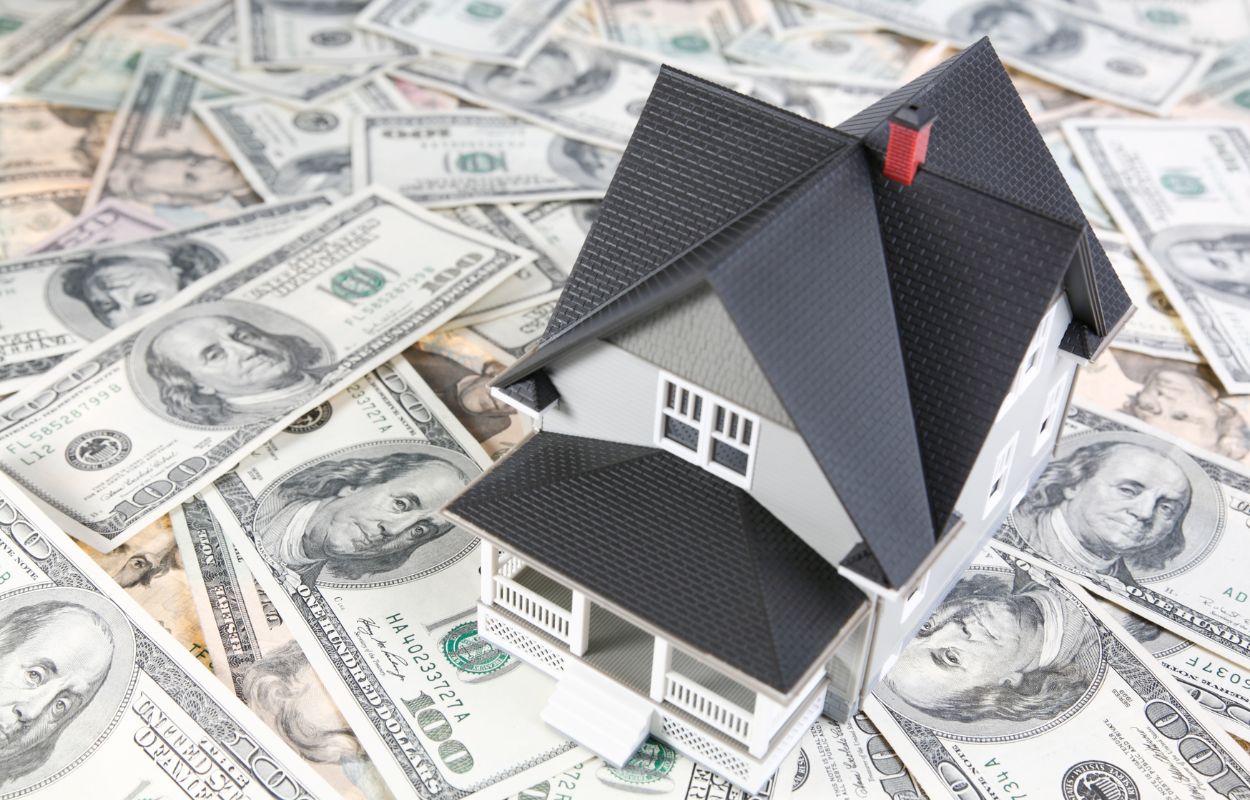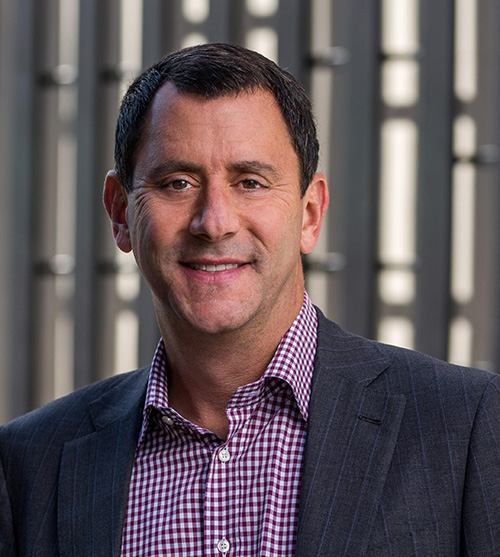 A closed-end second mortgage is a type of loan that allows a borrower to obtain a lump sum of money using their home as collateral. It is considered a “second” mortgage because it is taken out in addition to the borrower’s primary mortgage.
A closed-end second mortgage is a type of loan that allows a borrower to obtain a lump sum of money using their home as collateral. It is considered a “second” mortgage because it is taken out in addition to the borrower’s primary mortgage.
The term “closed-end” refers to the fact that the loan has a fixed amount and a predetermined repayment schedule. This means that once the borrower receives the lump sum, they cannot access any additional funds from the loan. The repayment schedule typically ranges from 5 to 15 years and involves monthly payments that include both principal and interest.
Here’s how a closed-end second mortgage typically works:
Application and Approval: The homeowner applies for the loan with a lender and provides documentation such as income verification, credit history, and home appraisal. The lender will use this information to determine the amount of money the homeowner is eligible to borrow and the terms of the loan, such as the interest rate and repayment schedule.
Loan Disbursement: Once the loan is approved, the lender will disburse the funds to the homeowner in a lump sum.
Repayment: The homeowner will then begin making monthly payments that include both principal and interest until the loan is fully paid off. The repayment schedule typically ranges from 5 to 15 years.
Fixed Amount and Predetermined Repayment Schedule: Closed-end second mortgages are called “closed-end” because they have a fixed amount and a predetermined repayment schedule. This means that once the borrower receives the lump sum, they cannot access any additional funds from the loan.
Collateral: A closed-end second mortgage is a type of secured loan, meaning that the home serves as collateral. If the homeowner fails to make payments on the loan, the lender can foreclose on the property and sell it to recoup the outstanding balance on the loan.
Closed-end second mortgages are often used for large expenses such as home renovations, college tuition, or debt consolidation. Borrowers should carefully consider the terms and conditions of a closed-end second mortgage before agreeing to the loan, as failing to make payments can result in foreclosure and the loss of their home.

